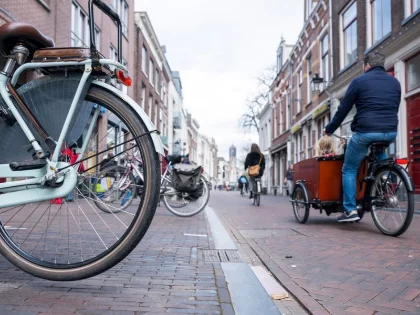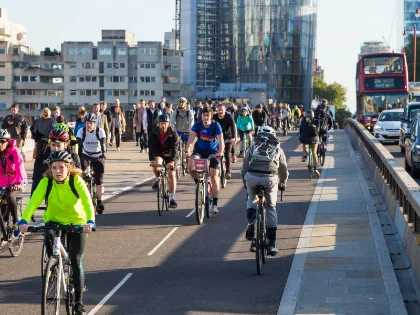Pros and Cons of Riding a Bicycle to Work
Riding a bike to work can make your commute into a fun kind of workout, even though sitting in traffic or crammed public transportation may not be the most joyful way to start the day. Also, it offers a number of remarkable health advantages.
For example, it builds muscle without negatively affecting joints and burns more calories than jogging. Additionally, it saves money on parking, maintenance, and gasoline.
1. It costs less.
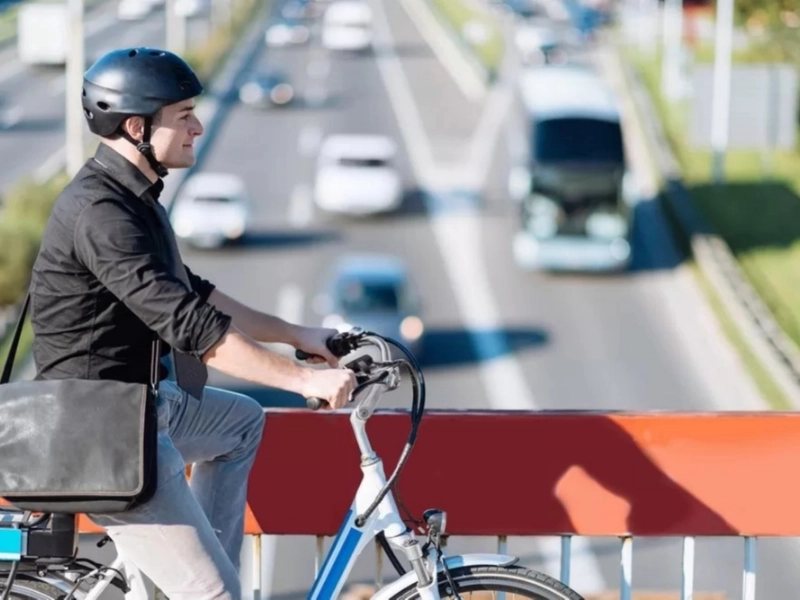
The expense of commuting to work each day, whether you drive or take public transportation, depletes your pay. And that's before you factor in growing gas costs or the reality that public transportation is frequently crammed with people and unreliable.
Riding a bicycle is far less expensive. Even if you have to invest in an e-bike, the initial cost will be lower than that of purchasing or leasing a vehicle.
Additionally, purchasing your bike from DASH will result in tax refunds that minimize the cost of your commute to work. That's not even accounting for the savings on fuel and maintenance expenses. In addition, you'll save time and anxiety by avoiding traffic bottlenecks and depending less on transit timetables. Additionally, you'll receive a daily dose of exercise, which lowers stress and improves focus at work.
It's more healthy.

Cycling is not just a low-impact, calorie-burning workout but also a fantastic approach to enhancing mental well-being. Research indicates that it can reduce stress, increase self-esteem, and lessen the symptoms of insomnia and depression.
It may also lengthen your life. Bicyclists are more likely to survive middle age and have a lower risk of cardiovascular disease and cancer than people who commute by vehicle or bus, per a study published in The BMJ.
You can save money on gas, upkeep, taxes, insurance, and parking if you choose not to drive. In addition, you'll have more room in your house and the money saved up for a nicer bike.
3. It's better for the environment.
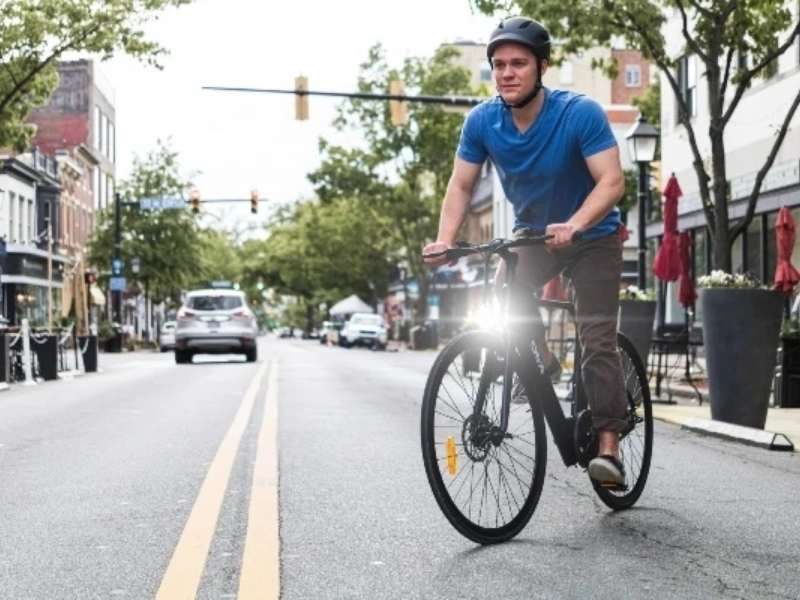
You can save money on fuel and maintenance by taking the bike to work. Parking expenses can be reduced, and using an e-bike for your commute will result in even lower CO2 emissions.
It's a low-impact type of exercise that helps you stay in shape and burn calories. Riding a bike instead of a car can also improve your quality of sleep at night.
There can be a significant impact on our environment if more individuals choose to bike to work. It lowers air pollution and noise levels by reducing traffic congestion. Additionally, it might imply that we save millions on productivity losses brought on by absenteeism. Businesses may greatly profit from this.
4. It’s more social
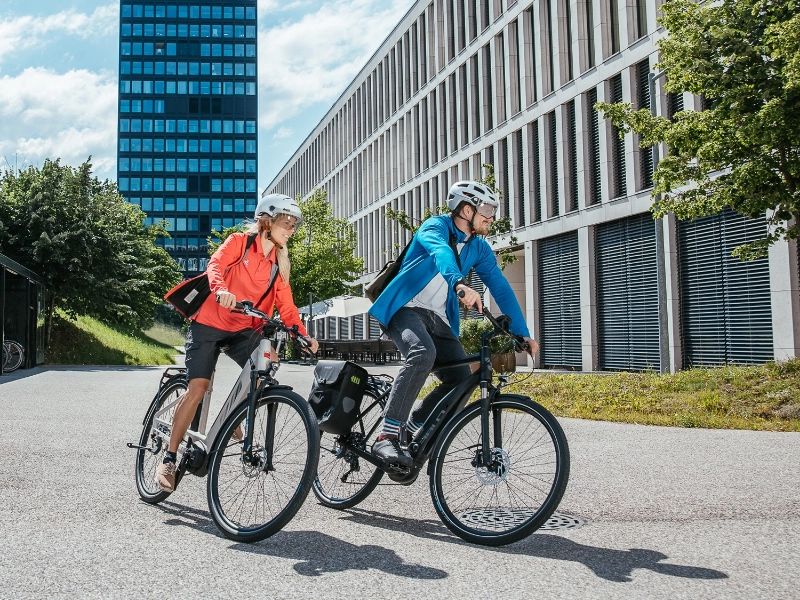
Riding a bicycle to work lowers a person's carbon footprint associated with transportation and does away with the need to fight for parking or wait for delays in transit. It's a fantastic opportunity to get some fresh air, exercise, and learn a little bit more about your neighborhood.
It's crucial to remember, though, that an employee's decision to cycle may be influenced by the amenities provided at work. In particular, employers who provide clothing drying rooms and internal bike storage typically have a higher percentage of cyclists on staff.
Furthermore, a business can significantly boost an employee's likelihood of cycling if they financially or verbally encourage cycling and the usage of public transportation. In general, compared to riding a bicycle to work, long vehicle journeys seem to have numerous short-term social, mental, and physical drawbacks.
5. It's more difficult
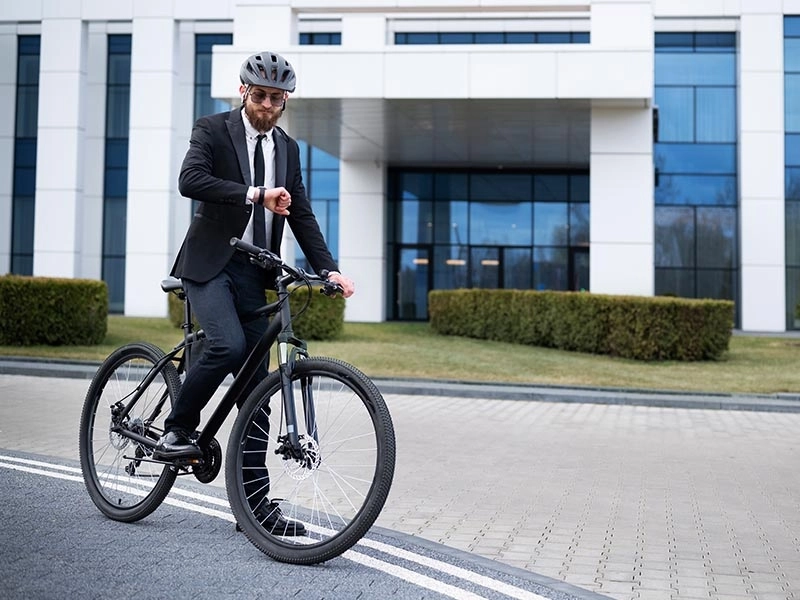
Although it can be difficult, cycling is a fantastic way to get some exercise before the day begins. It might be frustrating for new riders to constantly worry about traffic and safety.
Riding a bike to work is also influenced by the weather. You won't be able to get dressed well for work because you'll be sweating and getting wet until you employ Storm from the X-Men to manage the clouds.
You'll also need to pack a rain jacket if you want to ride your bike in inclement weather. That may take up precious room in the bike bag, which reduces its convenience. But the benefit of a clean, fresh commute justifies the extra work. Additionally, you'll be cutting down on dangerous car emissions, which poison the air and kill thousands of people every year.

